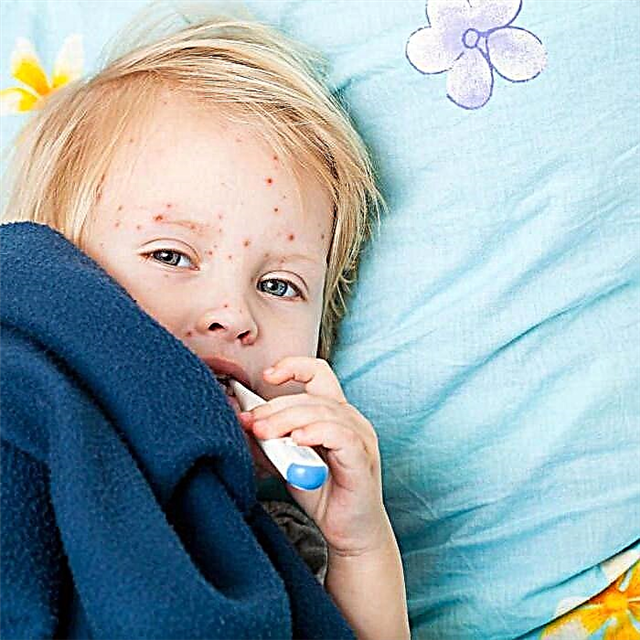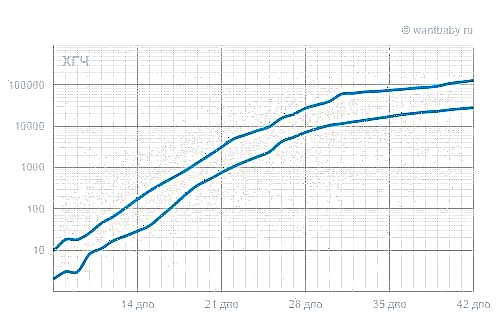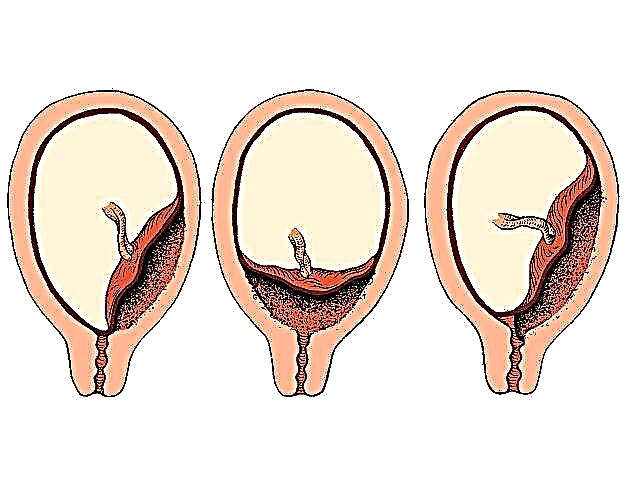A cute blush on the baby's cheeks is another reason for a mother to be moved by her beloved child. But what if instead of a healthy blush, redness appeared, and not only on the cheeks? A red rash or round, itchy patches can also appear on the elbows, under the knees, and on other parts of the body. Blame it all - !

This condition, which doctors call atopic dermatitis, is very common in young children. Many mothers do not even consider it a serious illness, but in vain! Atopic dermatitis can lead to very dangerous chronic consequences that will torment the child even as he grows up. Constant itching and painful rashes greatly affect the emotional state of the child. This affects both academic success and communication with peers, and the quality of the child's sleep.
Why is atopic dermatitis dangerous?
Diathesis is the "firstborn" among allergic diseases. Half of the cases are children under one year old. The appearance of atopic dermatitis in a child signals that the baby has an increased risk of developing other allergic diseases.
Here are some facts about diathesis:
- Allergic rhinitis develops in 80% of patients with diathesis.
- 40% of children with diathesis without timely treatment acquire bronchial asthma - a terrible disease that is accompanied by attacks of suffocation.
Diathesis may be accompanied by food allergies or allergic conjunctivitis.

Why does atopic dermatitis occur?
Most often, the appearance of atopic dermatitis is provoked by food. In most cases, diathesis in babies develops due to an increased sensitivity to cow's milk protein.
Also, the causes of diathesis can be:
- other types of food allergies;
- house dust mite allergy;
- allergy to mold fungi;
- allergy to pollen of trees and plants;
- allergy to pets;
- allergy to household chemicals.
The exact cause of atopic dermatitis will be established by laboratory diagnostics.
An exacerbation of diathesis can be caused by:
- infectious diseases;
- diseases of the internal organs;
- exacerbation of other chronic diseases;
- stress;
- the impact of poor ecology.
Also, exacerbations are associated with the seasons: deterioration occurs in the cold season, and in the summer, the disease usually recedes. It is interesting that the population of large cities suffers from atopic dermatitis several times more often than residents of villages and villages.
Atopic dermatitis in a child - what to do?
If the baby has diathesis, then it should be treated immediately, without waiting for complications. Ignoring the disease will only lead to its progression - with a prolonged course of atopic dermatitis, the skin becomes denser, and the rashes themselves become more extensive and deep.
The effectiveness of the treatment of a baby also depends on the mother herself - she should not eat foods that contain an allergen.
For the treatment of atopic dermatitis, antihistamines are used that affect the body as a whole. In severe cases of the disease, systemic glucocorticosteroids are used. Also enterosorbents are prescribed, which help to remove toxins from the body and reduce the allergic reaction. In addition to drugs used internally, various ointments, gels, lotions are also used that have anti-inflammatory, antipruritic, anti-allergic, drying and skin regeneration effects.

Few people know that preparations of bifidobacteria and lactobacilli, for example, Bifidumbacterin, Acipol, Probifor, should not be taken by children who have atopic dermatitis due to an allergy to cow's milk protein, since these drugs are made from it.
Of course, the need to purchase a large number of drugs and the long course of atopic dermatitis cause huge damage to the family budget. After all, medicines are not cheap now. But you can save a lot if you select medicines on the Informed online help. This medical resource allows you to find the best price offers that pharmacies give. Also, it contains the most important recommendations from the best doctors in the country. Get as much knowledge as possible about your disease, but don't self-medicate! See an allergist.
Below is a video review dedicated to the disease "Atopic dermatitis".
Atopic dermatitis or Diathesis: overview, symptoms, diagnosis, treatment, prevention:



